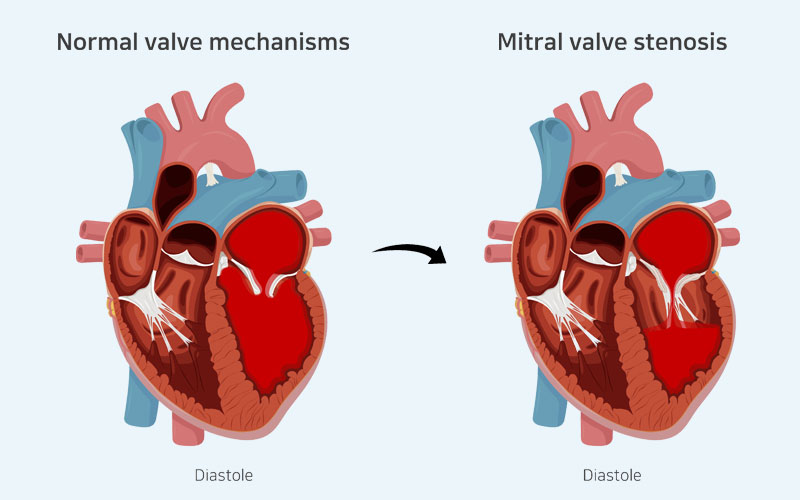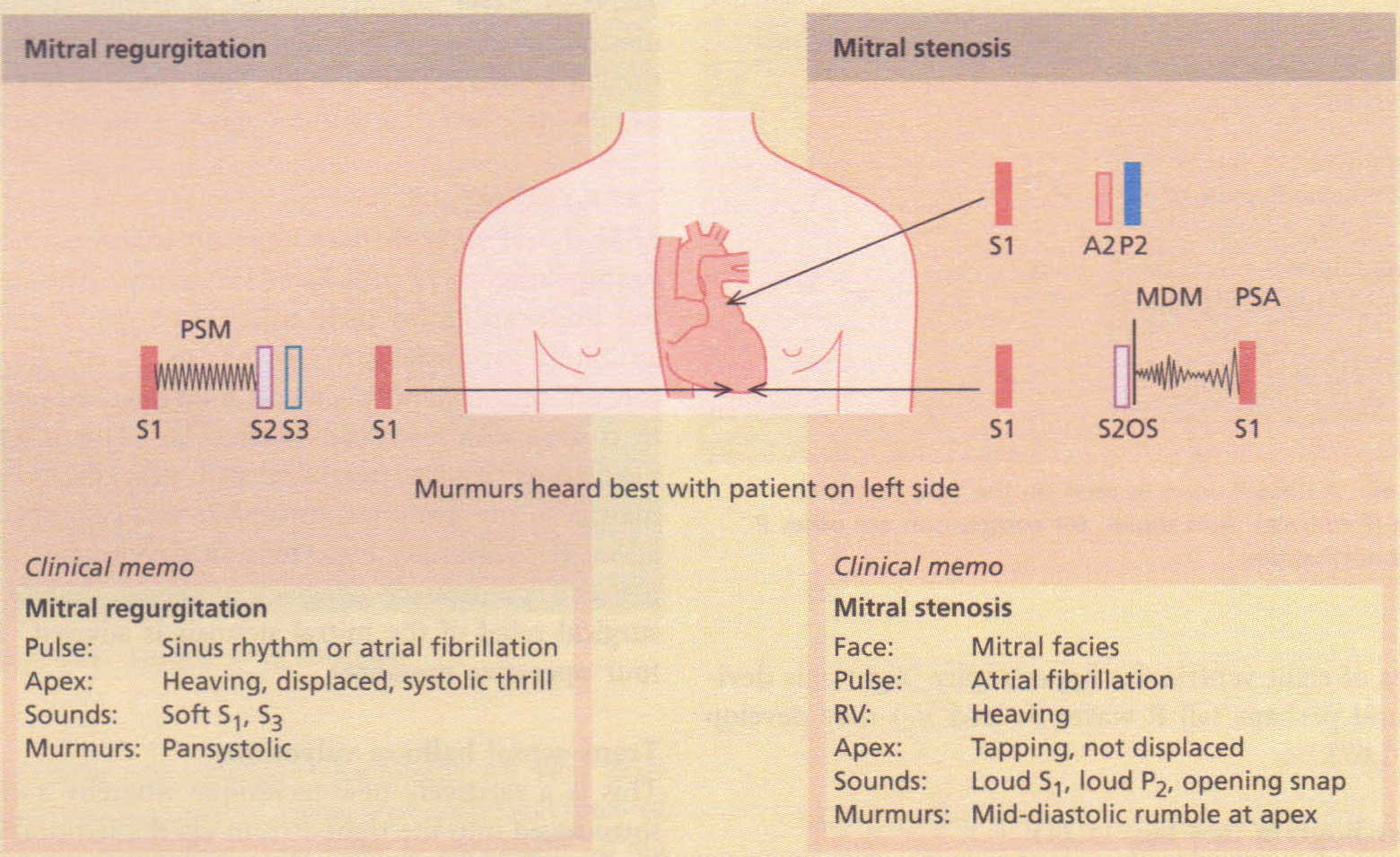
Mitral Stenosis (MS) refers to a narrowing of the left ventricle, which results in an increased outflow of blood from the heart. Mitral stenosis is a condition that has two types – primary and secondary. Both conditions are extremely serious because it can be fatal.
The most common cause of this condition is heart failure. Heart failure is defined as a condition in which the heart cannot pump enough blood throughout the body. This is because the heart cannot pump blood at the correct rate. If heart failure occurs over a long period of time, it can lead to stroke, heart attack, and pulmonary embolism. In addition, chronic heart failure can lead to aneurysms and cardiac arrhythmias.
There are other conditions that can lead to heart failure, such as coronary artery disease, peripheral arterial disease, congenital heart disease, and many others. All of these diseases can lead to narrowing of the left ventricle. When the left side of the heart cannot supply the body with enough oxygenated blood, it can die.
When coronary artery disease is present, the heart may not produce enough bicarbonate and therefore may not be able to move blood around the body adequately. This can lead to increased blood flow and high blood pressure. Blood pressure can cause a stroke or heart attack, especially when the person is already at very high risk. Stroke is the leading cause of death in America. It is estimated that about sixty percent of people diagnosed with a stroke die within the first six years.
Another disease that can lead to narrowing of the left side of the heart is congenital heart disease. Congenital heart disease is a condition that leads to the formation of scar tissue. If left alone, scar tissue can gradually enlarge and become a blockage in the heart. In addition, if the scar tissue becomes too large, it can cause the heart to malfunction and stop working completely. As you can see, this condition can cause many health problems, especially if left untreated.
If left untreated, there are some severe symptoms of heart failure that can result in death. These symptoms include arrhythmias, an irregular heartbeat, and fainting spells. In addition, the patient may experience palpitations and shortness of breath. If a person experiences these symptoms for long periods of time, they must be taken to the hospital for immediate medical attention. When left untreated, the symptoms can progress to more serious conditions such as a congestive heart failure, a pulmonary embolism and heart attack.

If you have any of the symptoms described above, it is important to consult your doctor as soon as possible for a proper diagnosis of heart failure. While you are treating the symptoms, make sure to keep your family informed so that they know what to expect when the symptoms of heart failure become worse.
A heart failure may occur due to several reasons. These conditions may have occurred as a result of a number of different causes.
The most common reason for heart failure is coronary artery disease. If the coronary arteries are affected, the heart cannot properly pump the blood throughout the body and the condition may eventually result in a heart attack or stroke.
Another cause of heart failure is mitral regurgitation. In this condition, the left side of the heart can't adequately pump blood through the lungs, causing a temporary obstruction in the airways which is then passed on to the lungs.
Heart valve diseases are another cause of heart failure. If a person has a history of a heart attack or stroke, the valve or valves that help regulate the flow of the blood may be damaged. If the valve is damaged, the heart will not be able to effectively pump blood through the body and the person can develop ventricular fibrillation.
Heart attack and hypertension can also be caused by obesity and heart failure. When the heart fails to adequately pump the blood, this can cause a surge of blood to accumulate in the legs, causing high blood pressure in the legs, which can be dangerous. Obesity can lead to the buildup of fat and make it harder to get blood to circulate through the body, resulting in high blood pressure.